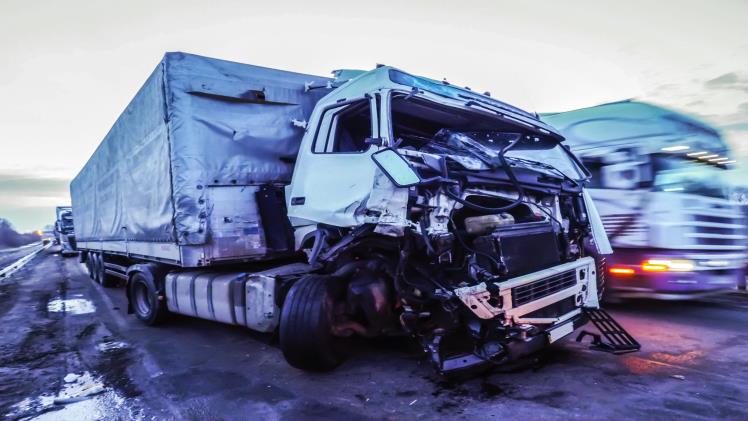In an 18-wheeler accident case, evidence preservation is critical to the success of your claim. The more evidence you can gather and preserve, the stronger your lawsuit will be. Without preserving evidence, it will become difficult for the victim to obtain fair compensation for the injuries and damages.
If the victim needs help with evidence preservation, they can also consider hiring an 18-wheeler accident lawyer, as they provide significant support with compensation. Besides hiring a lawyer, below are tips to help you preserve evidence and build a strong case.
Dealing with evidence preservation in an 18-wheeler accident case:
-
Pictures and videos of the accident scene
Take photos and videos of the scene of the accident. It includes pictures of the damage to the vehicles involved, skid marks, and any other relevant details. Take photos and videos before the vehicles are moved or repaired.
-
Gather information related to witnesses.
Get contact information from any witnesses. It includes their names, addresses, phone numbers, and email addresses. Ask them to state what they saw and heard at the accident scene.
-
Maintaining medical records
Keep a detailed record of your medical treatment. It includes all medical reports, bills, and receipts. Make sure to keep copies of all prescriptions and medications you were given.
-
Documents related to the accident
Save all documents and communications related to the accident. It includes police reports, insurance claims, and correspondence with the trucking company or insurance carrier.
-
Avoid social media
Do not post about the accident on social media. Insurance companies and defense attorneys may use social media posts against you in court. Be careful about what you say to friends and family as well.
-
Meet an attorney
Consult with an attorney as soon as possible. A personal injury attorney can help you navigate the legal process and preserve evidence critical to your case. They can also advise you on what to do and what not to do after an accident.
-
Physical evidence
Preserve the physical evidence as soon as possible. It includes the vehicles involved, the truck’s electronic control module (ECM), which records the truck’s speed, braking, and other information, and any other physical evidence that may be relevant. It is crucial to preserve this evidence as soon as possible, as the trucking company or the insurance may destroy or tamper with the evidence.
-
Create a journal of your recovery
Keep a journal of your recovery. It includes documenting any symptoms you experience, how your injuries affect your daily life, and any emotional trauma you may be experiencing. Such information can be used to demonstrate the full extent of your damages.

